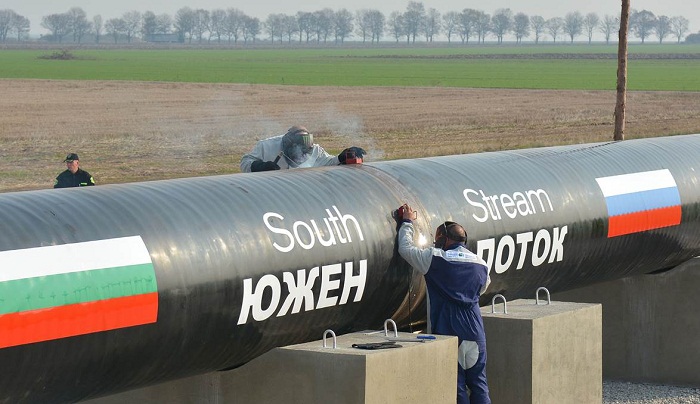In Austria, only 38 percent say the decision will have negative repercussions, while 50 percent believe that the end of the project for a new gas transit route bypassing Ukraine will have no economic impact.
Less than five percent of respondents said their countries will be better off without Russia’s South Stream pipeline.
In December 2014, Russian President Vladimir Putin announced that Moscow had ended its South Stream gas pipeline project, touted as a more stable route for Russian gas transit to Europe bypassing Ukraine.
President Putin cited the “non-constructive” position of the European Commission (EC) which claimed the pipeline would be in violation of the EU Third Energy Package. The law prohibits simultaneous ownership of both the gas and the pipeline through which it flows.
On the same day, Russia’s energy giant Gazprom unveiled an alternative project to build a pipeline across Turkey, with a gas hub on the Turkish-Greek border.
In December, Serbia estimated it would lose up to $375 million in project development costs. Bulgaria will lose an annual $600 million in transit fees, according to Bulgarian Energy Minister Rumen Ovcharov.
The poll was conducted between January 12 and 30, 2015.
International public opinion research project Sputnik.Polls was launched in 2014, in conjunction with British public opinion survey leaders ICM Research. It conducts regular opinion polls to monitor public sentiment toward social, political and cultural issues in Europe and the United States.
More about:
















































